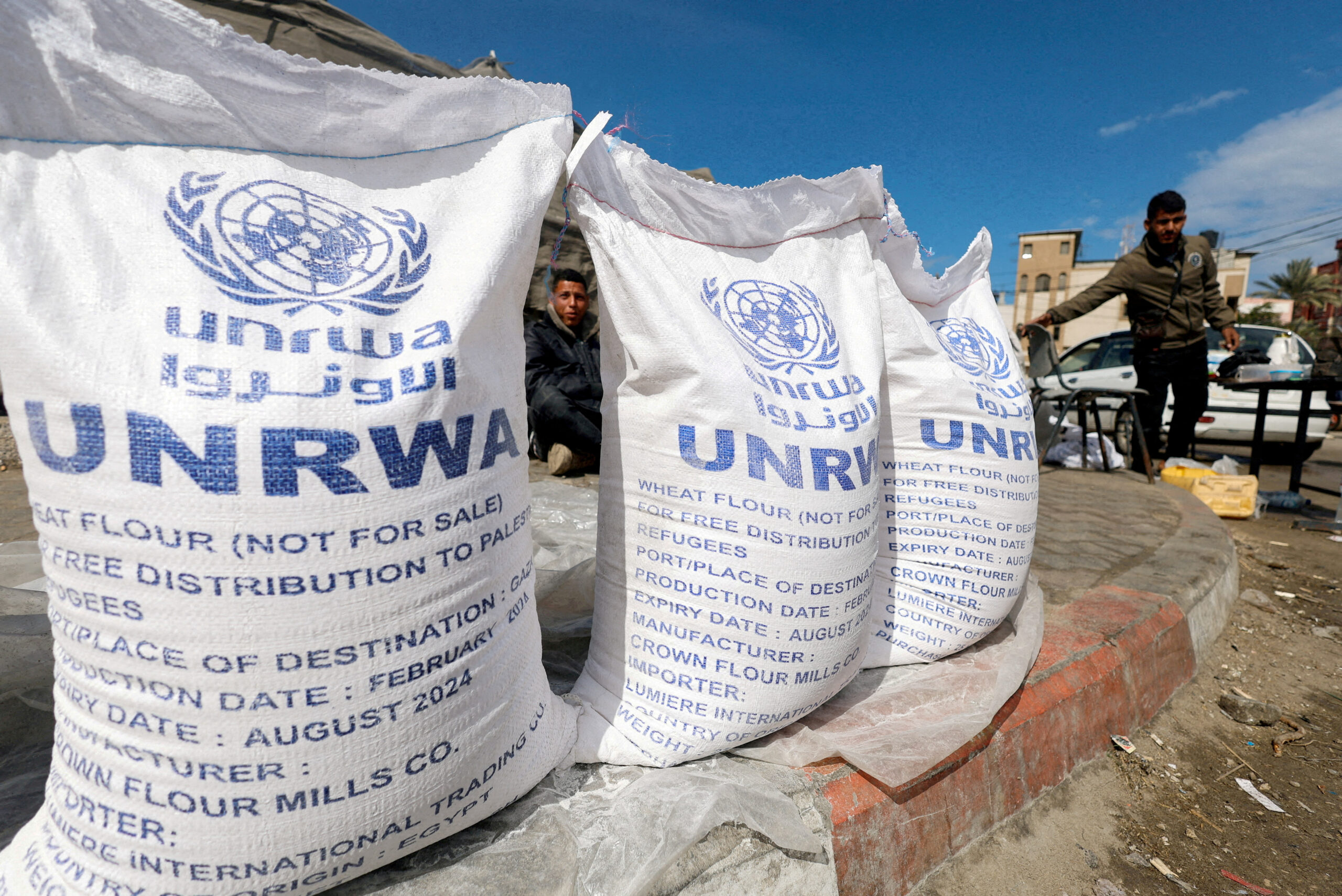The flow of assistance to Gaza Strip has become increasingly difficult due to the strict Israeli control of checkpoints, exacerbates the plight already gruelling by the Palestinian people. In spite of international pressure and promises to aid delivery however, the flow of crucial goods and services remains uncoordinated and insufficient and has caused concern among international human rights organizations.
Background
The Gaza Strip, home to about 2.2 million Palestinians is in the grip of a blockade enforced by Israel from the year 2007. The blockade has impeded the movement of both goods and persons and has severe consequences for the economic well-being and its inhabitants. The problem has also been worsened by the frequent eruptions of conflicts, resulting in widespread damage and displacement.
Current Aid Delivery Challenges
Recently, the distribution of aid for humanitarian purposes to Gaza was hampered by a number of difficulties:
- Checkpoint Restrictions Israeli Authorities have instituted stringent control at checkpoints. This has led to delays as well as the refusal entry to numerous convoys of aid. Aid groups report that, even with the proper paperwork trucks can be returned without reasons, causing disruption to the chain of supply for essential items.
- Security concerns: The current conflict has intensified security measures and Israeli forces using threats as the reason for limiting aid delivery. This led to the creation of new inspection stations, further slowed the delivery process.
- Infrastructure Damage Incessant military operations have caused damage to crucial infrastructure, like the border crossings and roads which has made it difficult for assistance distribution in Gaza.
International Response
The world community has voiced increasing concern about Gaza’s humanitarian crisis. Gaza:
- United Nations: The UN has been repeatedly calling to allow unhindered access for humanitarian aid for Gaza. In a recent declaration that was issued by the UN’s human rights coordinator, highlighted the necessity of Israel to make checkpoints open into the northern part of Gaza as well as fulfill its promises in regards to aid delivery via the port at Ashdod.
- United States: The U.S. government has urged Israel to expand aid flows to Gaza and warned about possible cuts in assistance to the military in the event that significant improvement is not made. Although there have been progress aid groups argue that the current measures don’t provide for the increasing demands of the people.
- Non-Governmental Organisations (NGOs): Various NGO’s, such as Oxfam as well as Save the Children, have critiqued the insufficient aid distribution and have highlighted the serious deficiency of food, medical equipment, as well as other basic necessities. They argue that the present amounts of aid are from what is needed for addressing the human need.
Impact on Gaza’s Population
The sluggish flow of aid has caused devastating impacts on residents of Gaza:
- Food Insecurity The restrictions on food and assistance deliveries have caused massive food insecurity. The UN warns of imminent famines in the northern part of Gaza which could leave hundreds of thousands in danger of becoming starving.
- Healthcare Crisis Hospitals are overwhelmed in need of essential equipment and supplies. devices. According to the World Health Organization has reported that hospitals struggle to offer adequate healthcare as many patients are not able to get the needed treatment.
- Displacement In the midst of ongoing military operations, thousands caused thousands of people to leave their homes and seek refuge in shelters that are overcrowded and have the most basic of services.
Israeli Position
The Israeli government insists that these restrictions are needed in order to safeguard the country, and aim to stop the trafficking of weaponry and other materials which could be used in terrorist actions. Officials have said that they’re trying to reconcile security and the humanitarian need, and allow restricted aid delivery while also ensuring the security of Israeli residents.
Recent Developments
As a response to pressure from the international community, Israel has announced measures to ease aid delivery
- Additional Checkpoints The plans to create new inspection points for aid vehicles are being revealed, with the aim to speed up the procedure. Some critics believe that since there are no new crossings at the border the measures could only have a minimal impact on the flows of assistance.
- Humanitarian Zones: Designated areas in Gaza are in place to ease the distribution of assistance. However the access to these zones is a challenge because of ongoing fighting and the destruction of infrastructure.
Challenges Ahead
Even with these efforts, major obstacles remain:
- Logistical issues: The destruction of infrastructure and security problems continue to hamper the effective distribution of aid inside Gaza.
- Problems with Coordination: Collaboration between Israeli officials, international organisations as well as local organizations is crucial to ensure that assistance is delivered to those who need it. But bureaucratic hurdles as well as mistrust have impeded these initiatives.
- Sustainable: Short-term measures may offer temporary relief, however longer-term solutions are required in order to deal with the main reasons for the situation, such as getting rid of the blockade as well as achieving an end-to-end cease-fire.
The uncertainty of the daily delivery of aid to Gaza is a sign of the intricate interaction between security issues and human rights imperatives. Although recent actions taken by Israeli officials indicate that they are willing to confront the situation however the efficacy of the measures remains to be judged. The world community is continuing to push the right to access aid without restriction and stresses that the wellbeing of the Gazan civilians should be the top priority amid continuing tensions.

